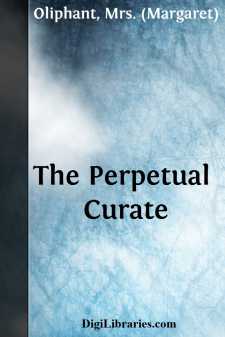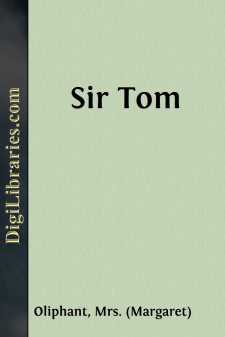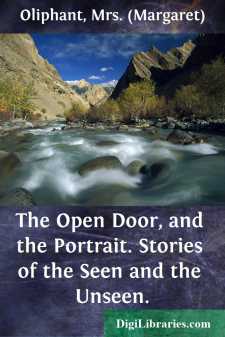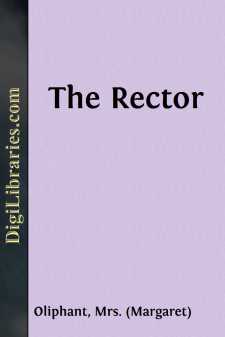Categories
- Antiques & Collectibles 13
- Architecture 36
- Art 48
- Bibles 22
- Biography & Autobiography 816
- Body, Mind & Spirit 145
- Business & Economics 28
- Children's Books 18
- Children's Fiction 14
- Computers 4
- Cooking 94
- Crafts & Hobbies 4
- Drama 346
- Education 58
- Family & Relationships 59
- Fiction 11831
- Foreign Language Study 3
- Games 19
- Gardening 17
- Health & Fitness 34
- History 1378
- House & Home 1
- Humor 147
- Juvenile Fiction 1873
- Juvenile Nonfiction 202
- Language Arts & Disciplines 89
- Law 16
- Literary Collections 686
- Literary Criticism 179
- Mathematics 13
- Medical 41
- Music 40
- Nature 179
- Non-Classifiable 1768
- Performing Arts 7
- Periodicals 1453
- Philosophy 66
- Photography 2
- Poetry 897
- Political Science 203
- Psychology 45
- Reference 154
- Religion 516
- Science 126
- Self-Help 86
- Social Science 82
- Sports & Recreation 34
- Study Aids 3
- Technology & Engineering 59
- Transportation 23
- Travel 463
- True Crime 29
Our website is made possible by displaying online advertisements to our visitors.
Please consider supporting us by disabling your ad blocker.
Jeanne D'Arc: her life and death
Description:
Excerpt
CHAPTER I — FRANCE IN THE FIFTEENTH CENTURY. 1412-1423.
It is no small effort for the mind, even of the most well-informed, how much more of those whose exact knowledge is not great (which is the case with most readers, and alas! with most writers also), to transport itself out of this nineteenth century which we know so thoroughly, and which has trained us in all our present habits and modes of thought, into the fifteenth, four hundred years back in time, and worlds apart in every custom and action of life. What is there indeed the same in the two ages? Nothing but the man and the woman, the living agents in spheres so different; nothing but love and grief, the affections and the sufferings by which humanity is ruled and of which it is capable. Everything else is changed: the customs of life, and its methods, and even its motives, the ruling principles of its continuance. Peace and mutual consideration, the policy which even in its selfish developments is so far good that it enables men to live together, making existence possible,—scarcely existed in those days. The highest ideal was that of war, war no doubt sometimes for good ends, to redress wrongs, to avenge injuries, to make crooked things straight—but yet always war, implying a state of affairs in which the last thing that men thought of was the golden rule, and the highest attainment to be looked for was the position of a protector, doer of justice, deliverer of the oppressed. Our aim now that no one should be oppressed, that every man should have justice as by the order of nature, was a thing unthought of. What individual help did feebly for the sufferer then, the laws do for us now, without fear or favour: which is a much greater thing to say than that the organisation of modern life, the mechanical helps, the comforts, the easements of the modern world, had no existence in those days. We are often told that the poorest peasant in our own time has aids to existence that had not been dreamt of for princes in the Middle Ages. Thirty years ago the world was mostly of opinion that the balance was entirely on our side, and that in everything we were so much better off than our fathers, that comparison was impossible. Since then there have been many revolutions of opinion, and we think it is now the general conclusion of wise men, that one period has little to boast itself of against another, that one form of civilisation replaces another without improving upon it, at least to the extent which appears on the surface. But yet the general prevalence of peace, interrupted only by occasional wars, even when we recognise a certain large and terrible utility in war itself, must always make a difference incalculable between the condition of the nations now, and then.
It is difficult, indeed, to imagine any concatenation of affairs which could reduce a country now to the condition in which France was in the beginning of the fifteenth century. A strong and splendid kingdom, to which in early ages one great man had given the force and supremacy of a united nation, had fallen into a disintegration which seems almost incredible when regarded in the light of that warm flame of nationality which now illumines, almost above all others, the French nation....












